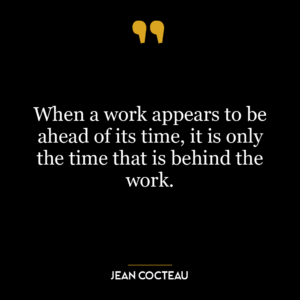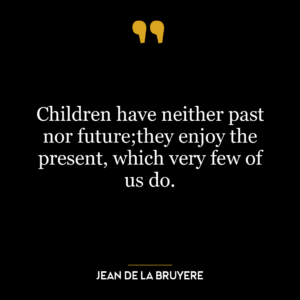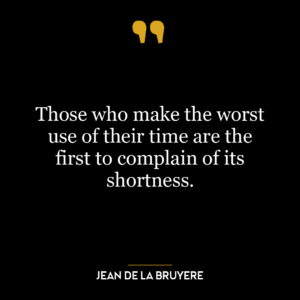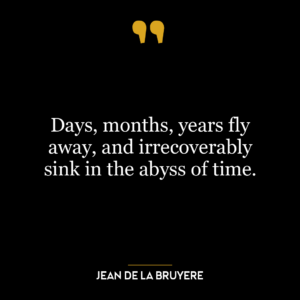This quote is a profound reflection on the nature of time and our human existence. It reminds us of the relentless march of time and our place within it. When it says, “Today is the oldest you’ve ever been,” it’s highlighting the fact that we are constantly aging, that each day we live is a day that adds to our age and experience. We are, in every moment, older than we have ever been before.
On the other hand, “the youngest you’ll ever be again” underscores the fact that we can never return to our past selves. We will never be as young as we are in the present moment. This part of the quote emphasizes the fleeting nature of youth and the inevitability of aging.
This quote is a call to live in the present and appreciate the now. It encourages us to recognize the value of each day, as each day is unique and irreplaceable. It tells us not to waste our time longing for the past or fearing the future, but to make the most of the present.
In today’s world, where we are often overwhelmed by the pace of life and the pressure to achieve, this quote is particularly relevant. It reminds us to slow down, to appreciate our current age and stage in life, and to make the most of each day. It also encourages us to embrace aging as a natural part of life, rather than something to be feared or resisted.
In terms of personal development, this quote can inspire us to be more mindful and present in our daily lives. It can motivate us to seize opportunities, take risks, and live fully, knowing that we will never be as young as we are today. It can also help us to cultivate a more positive attitude towards aging, seeing it as a process of growth and accumulation of experiences, rather than a decline.
















